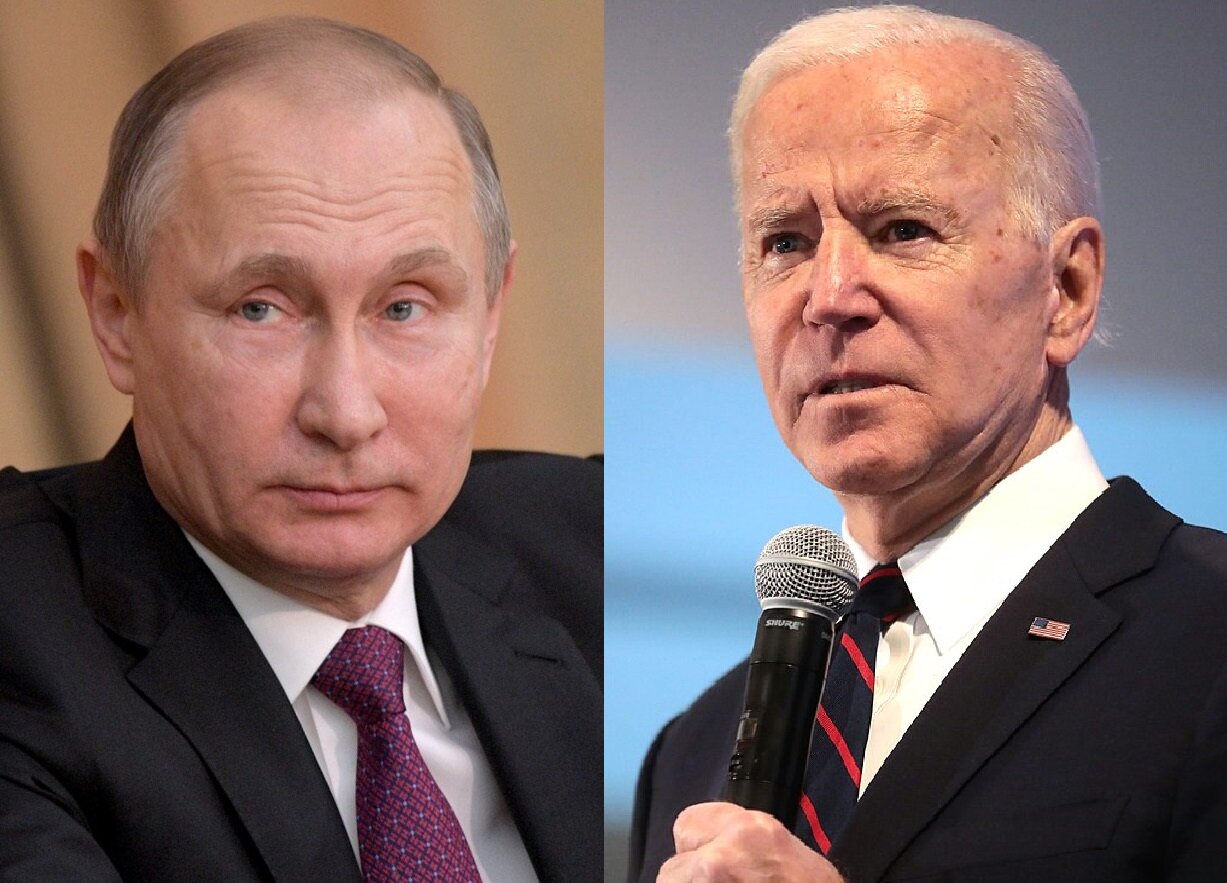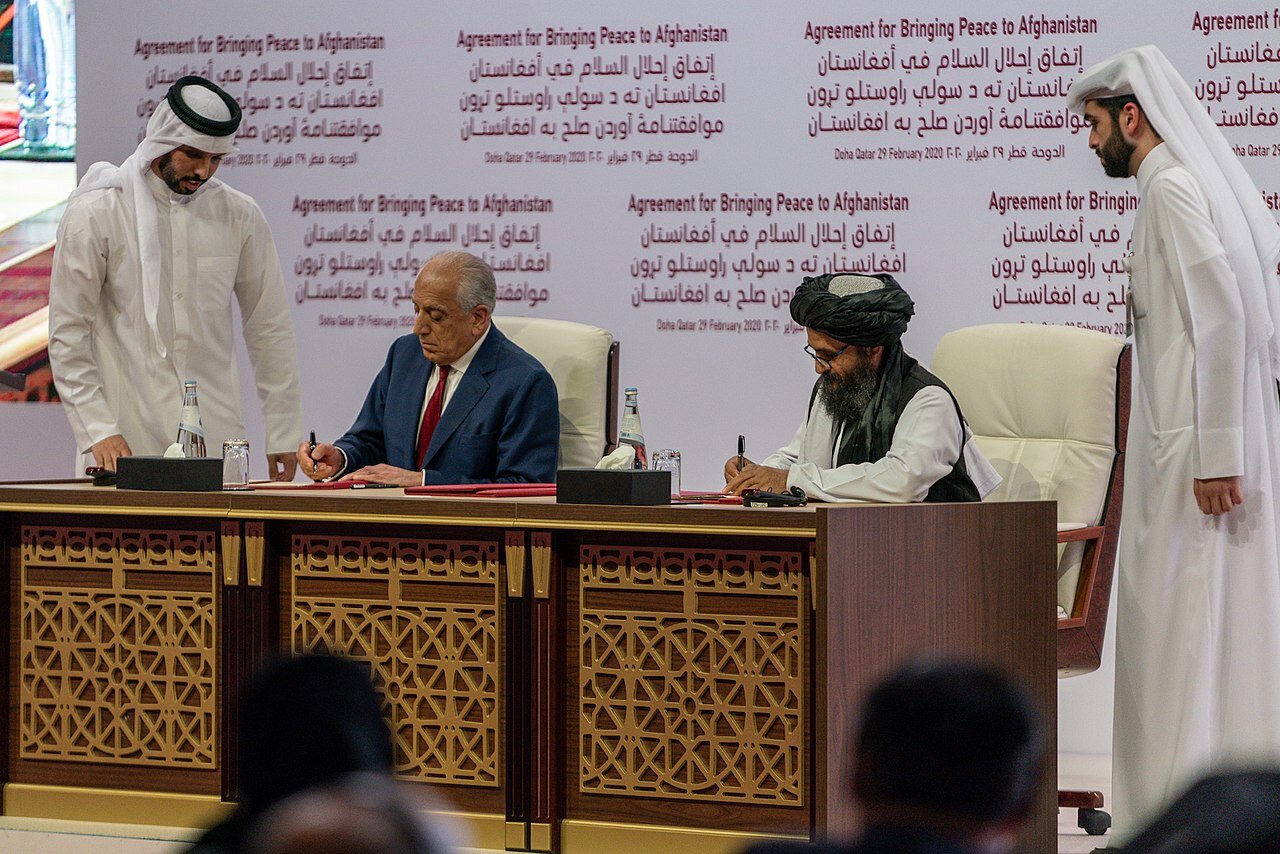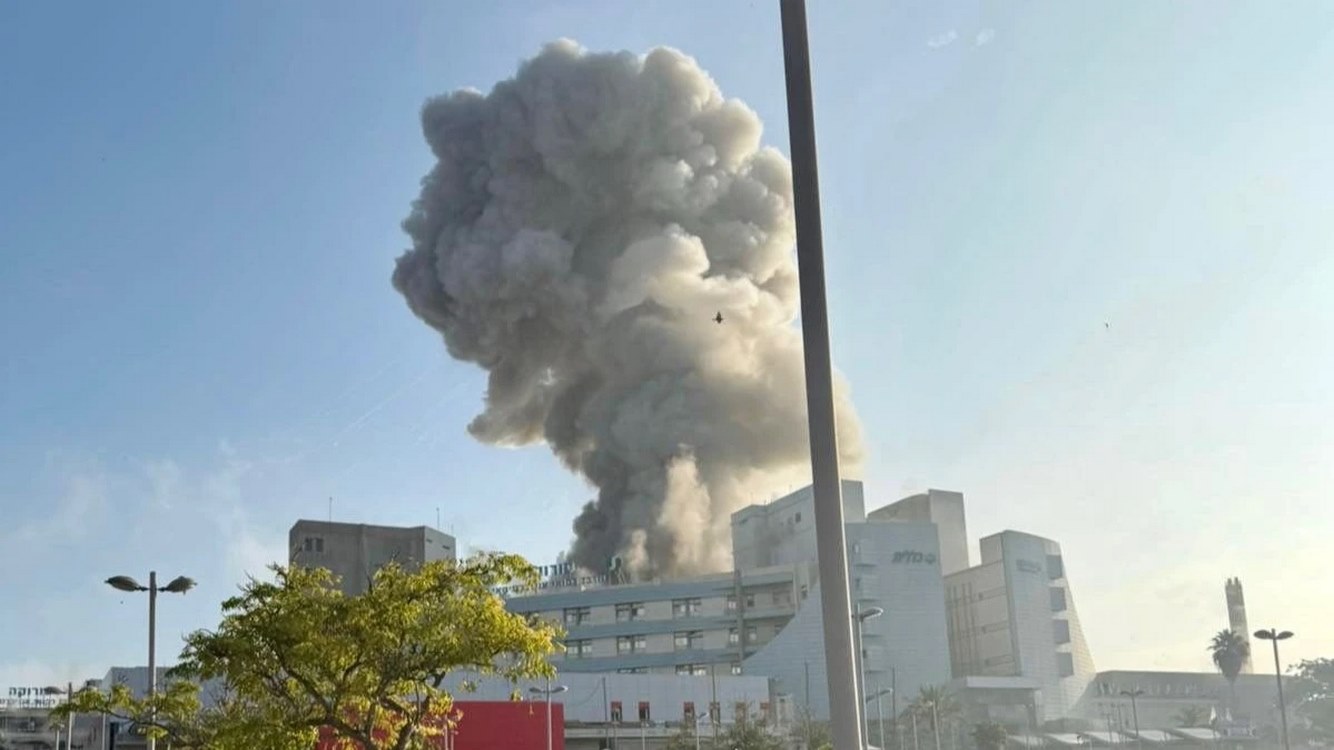KANDAHAR, Afghanistan. February 16th, 2021. The Taliban have published an “open letter” calling on the U.S. to honor her withdrawal date of May 1st, according to the agreement signed in Doha a year ago this month.
The terms from the U.S. side include a departure of all foreign forces, a turning over of military bases to the Afghan government, before the commencement of power sharing/government reformational talks between the Taliban and Kabul.
“The Islamic Emirate of Afghanistan does not interfere in the internal affairs of others, neither does it want to harm others, nor will it allow anyone else to interfere in our own affairs. Defending our land and people is our legitimate right,” the letter concluded, according to Al Jazeera.
Sent one day before NATO defense leaders were poised to discuss the situation of forces in the country, the letter makes assurances that “ the Afghans themselves can achieve the establishment of an Islamic government and enduring peace and security through intra-Afghan dialogue”.
The Biden Administration has announced that it was “reviewing” the agreement and commitments made by all parties to see if it’s in the national security interest of the U.S., but other voices, from Congressional reports, and NATO, have suggested that the withdrawal timeline will not be met.
Perhaps in response to this apparent, looming reneging, anonymous U.S. military sources have told New York Times reporter Thomas Gibbons-Neff that the Taliban appear to be preparing for a massive offensive into the heart of Kandahar City and Kunduz, two of the largest cities in the country, and major trade arteries into the power center of Kabul.
DOHA, Qatar. February 29th, 2020. PICTURED: Zalmay Khalilzad and Taliban negotiators put pen to paper on a pre-peace agreement.
Another chapter of warfare
According to the sources, the Pentagon has requested additional U.S. soldiers and a commitment of more air support, in preparation for a possible “multipronged attack” should the U.S. decide to stay in the country past May 1st.
News on the situation in the countryside outside of Kandahar and Kunduz is bleak. According to a report from the Special Inspector General for Afghanistan Reconstruction (SIGAR), 200 military checkpoints were abandoned by Afghan police and military forces in December. Military bases were also abandoned, granting the Taliban access to heavy artillery, stockpiles of ammunition, and other military equipment.
Outside of Kunduz, the Afghan Security Forces were harried during the brutal Afghan winter by Taliban drone attacks, and major highways into the city were seized and occupied.
“During an offensive in the fall, the Taliban took swaths of territory and then mostly held their ground despite attempts by the Afghan security forces and U.S. airstrikes to dislodge them,” wrote Gibbons-Neff in the Times.
On the heels of these developments, the first year in the history of the conflict has passed without an American servicemember dying in combat in the country. However the Taliban has vowed attacks will be renewed against the United States and NATO allies if they remain in the country beyond the withdrawal deadline.
Many in Washington, such as former Chair of the Joint Chiefs Gen. Joseph Dunford, author of the Afghanistan Study Group that advised Congress against the May 1st deadline, as well as NATO Gen. Jens Stoltenberg, have espoused the preference for conditions-based approaches for withdrawal. These conditions may well become worse, not better, if the U.S. stays.
If CENTCOM and NATO find that the Taliban are putting up too much fight, there is the chance that a U.S. withdrawal, simply based on a desire for fewer casualties on the ground, would happen on it’s own, and that it could lead to a situation where the U.S. starts renewed warfare, and then abandons the extremely-vulnerable Afghan Security Forces to defeat, allowing the Taliban to take control of the whole country.
Jonathan Schroden, a special operations program director at the Center for Naval Analyses and a senior adviser to the Study Group, told Quincy Institute writers: “The major issue is that the report overestimates the amount of leverage the U.S. actually has, especially when it comes to things like countering corruption in Afghanistan and getting the Taliban to, in some ways, bend to U.S. desires within the structures of the US-Taliban agreement”.
“If you take a view that the U.S. has less leverage than the report assumes, then I think you find yourself in a place of concluding that a unilateral extension of presence, as the report recommends, will likely result in the Taliban walking away from the peace process,” he added.
Continue exploring this topic — The War in Afghanistan “Should Continue” Says Pentagon, Congressional Panel, and State Dep.
Continue exploring this topic — Who Must do What as Iran Nuclear Deal Negotiations Stall Before They Begin




